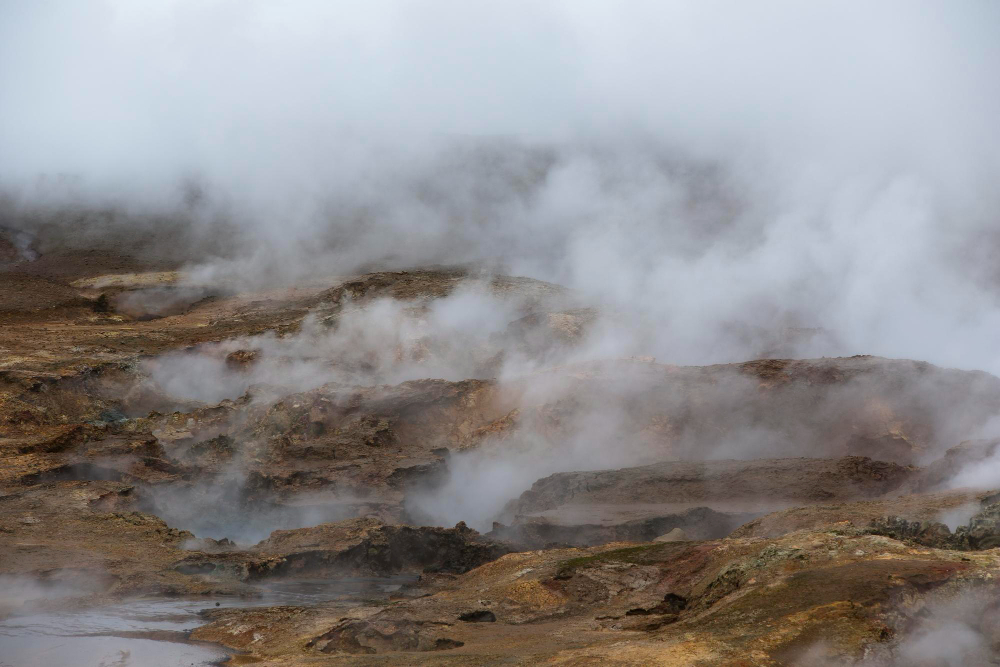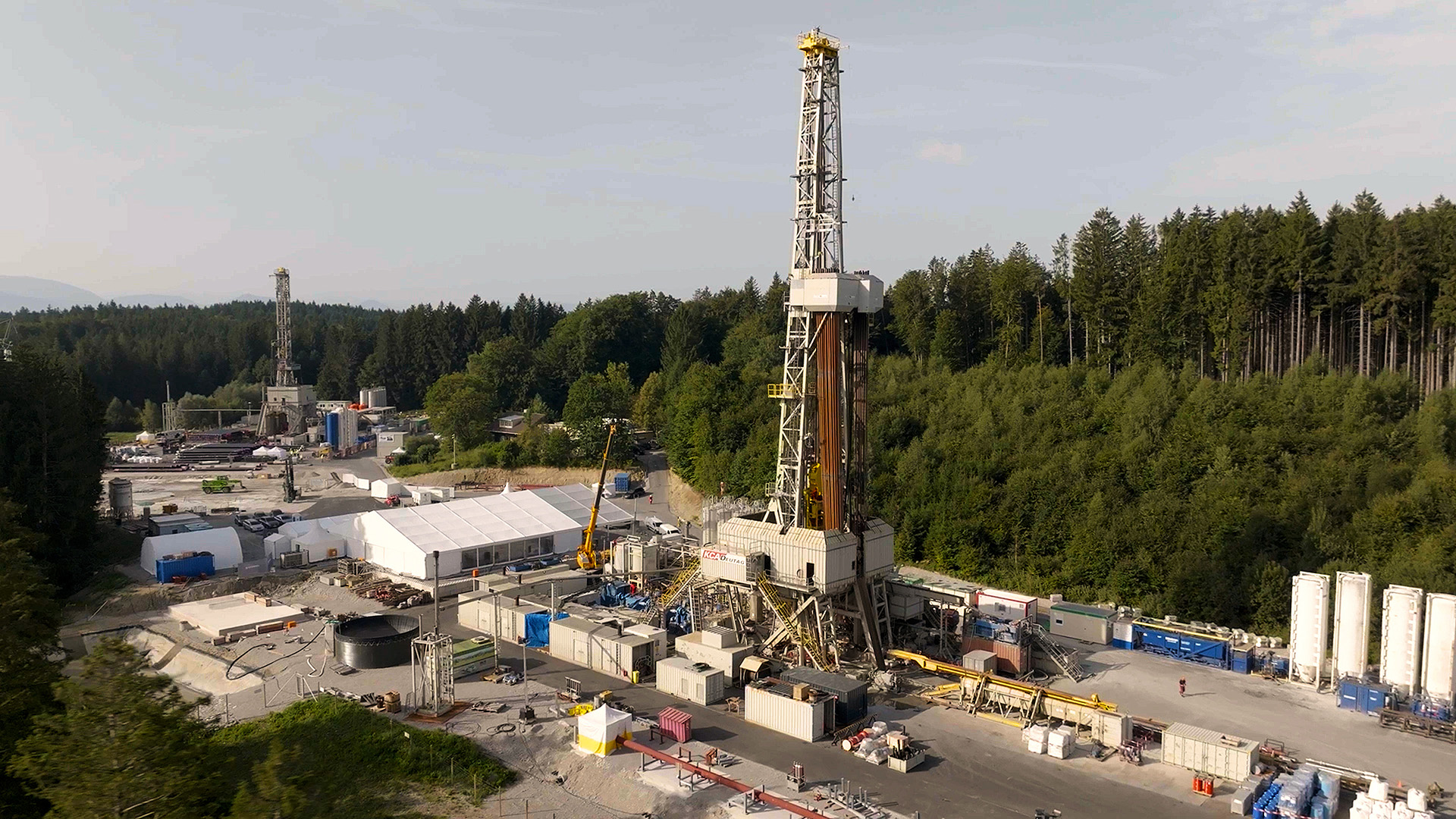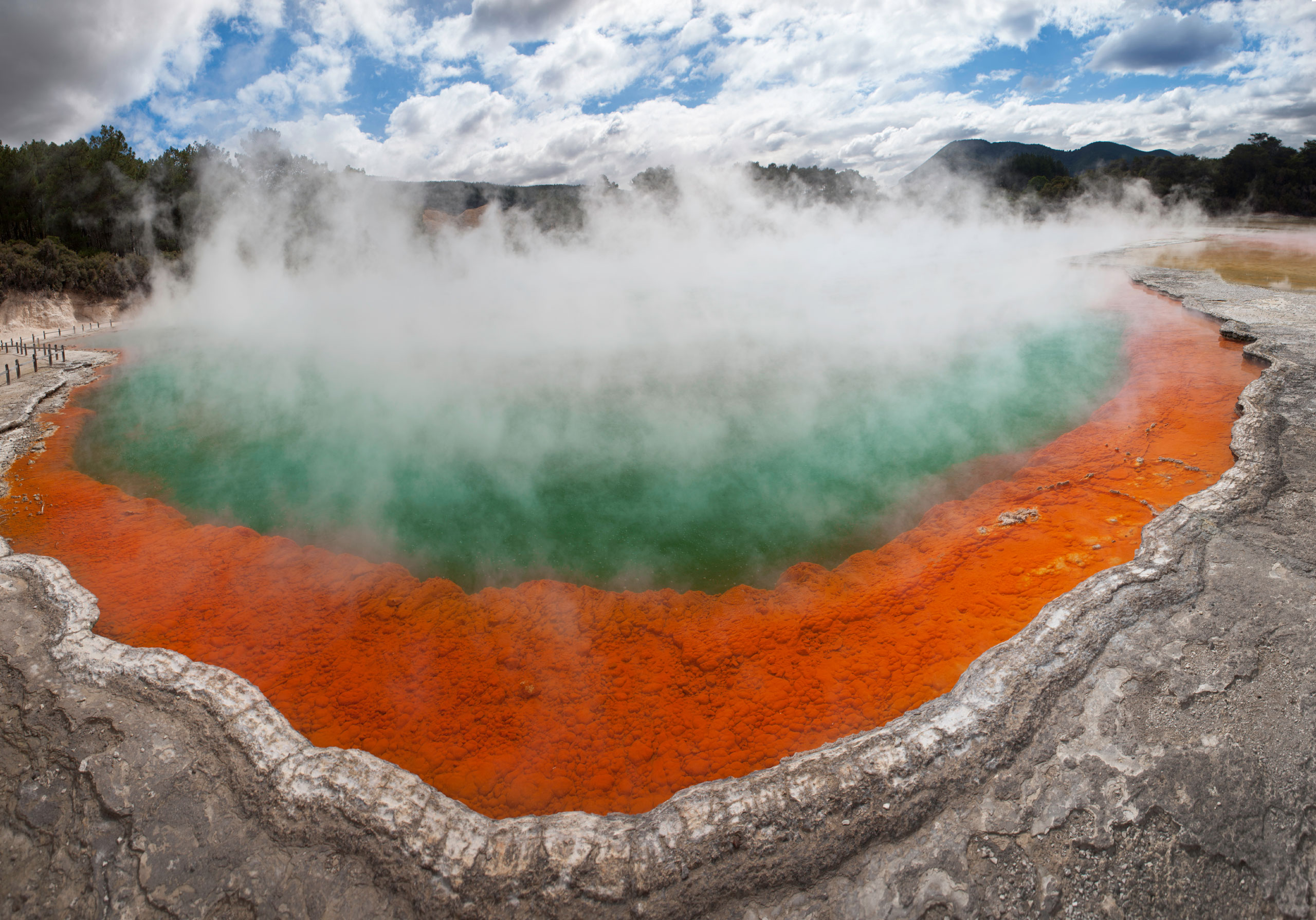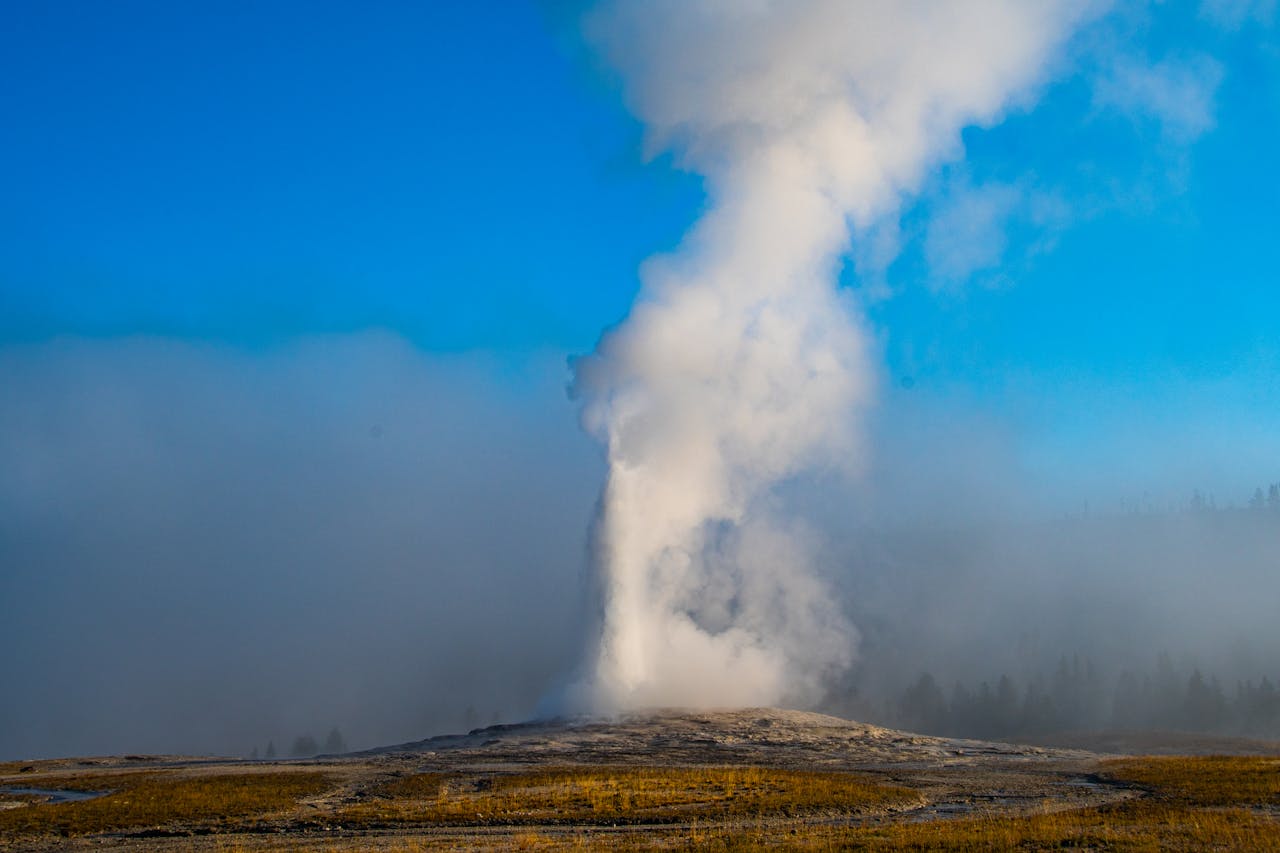The Earth's core temperature is a natural source of energy; its exploitation can make a significant contribution to meeting climate neutrality targets and to supplying domestic and industrial beneficiaries with competitively priced energy.
This type of energy can be used for both electricity and heat production, depending on geological characteristics and mining technologies.
The use of geothermal energy has the advantage of a reduced environmental impact, depending on the systems used, as well as obtaining energy at favourable prices.
Although geothermal energy, along with other types of renewable energy, enjoys support at the European level in the European Union, there is a need to create a development strategies.
Renewable energy
Cleaner environment
Heating buildings
Healthy communities
GEOTHERMAL ENERGY TECHNOLOGIES
There are 2 ways of exploiting geothermal energy:
Open loop system:
- Groundwater from an aquifer (natural reservoir of hot water) is directed to an indoor geothermal heat pump;
Closed loop system:
- does not extract hot (geothermal) water from underground. This system involves drilling and driving pipes into the ground at depths where the rock layer reaches high temperatures. The piping system captures the heat from the magmatic rocks and brings it to the surface as a hot liquid, which is converted in the CHP plant into both electricity and heat.
- The environmental impact is very low: the system has a small footprint, no CO₂ emissions, no use of water resources, no soil and water pollution.
- It has a very high degree of geological safety: it does not use hydraulic fracturing, so there is no risk of induced seismicity.
- Maintenance costs are lower than for traditional geothermal systems, although the initial investment is higher.
CLOSED LOOP SYSTEM
benefits for communities and beyond
Closed-loop heat capture technology can be implemented in almost any area. Romania, through its oil and gas industry, has a long tradition in drilling operations, and companies' knowledge can be used in the implementation of this new technology to ensure successful implementation with minimal environmental impact.
- Local production of electricity or heat from renewable sources;
- Contribution to decarbonisation targets;
- Supporting community development: these systems provide energy supply and maintain jobs;
- Reduced environmental impact.
The closed-loop system can generate industrial-scale electricity or enough heat to heat 16,000 homes with a single installation. The electricity that can be produced by the new closed-loop technology could bring up to 25 TWh a year to market, helping to balance the country's trade balance by reducing imports.
Over time, this resource can displace fossil fuel electricity and lead to a reduction in greenhouse gas emissions.
The technology's footprint on the land is very small, operations are silent, with extremely low social and environmental impact.
Oil and gas companies operating in the Romanian market can provide drilling technology transfer for the implementation and use of closed-loop technology.
This technology has the potential to generate new jobs, as well as ensure the continuity of others (such as those in the oil and gas sector), and improve the country's overall environmental performance.
Several cities in western Romania are already interested in exploring and using geothermal energy for heating residential areas. These include large municipalities such as Timisoara and Oradea.





